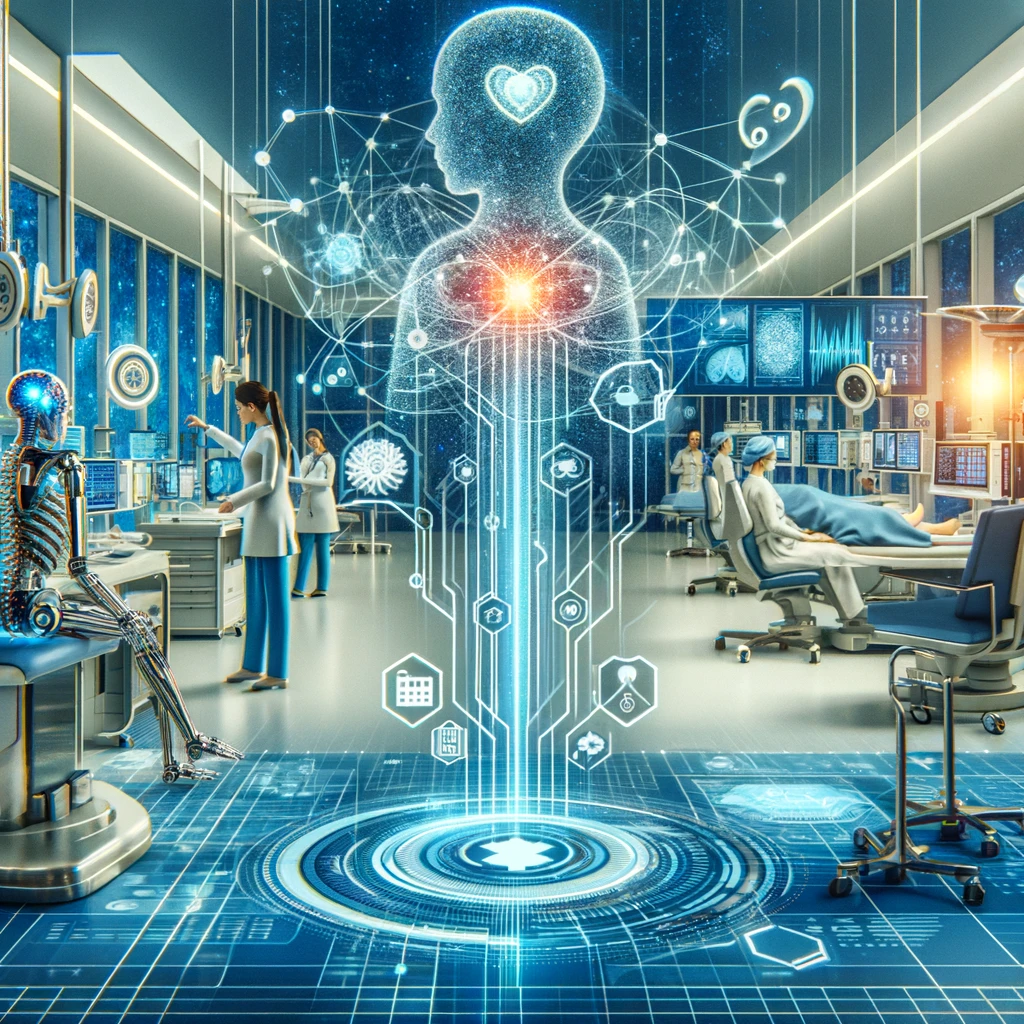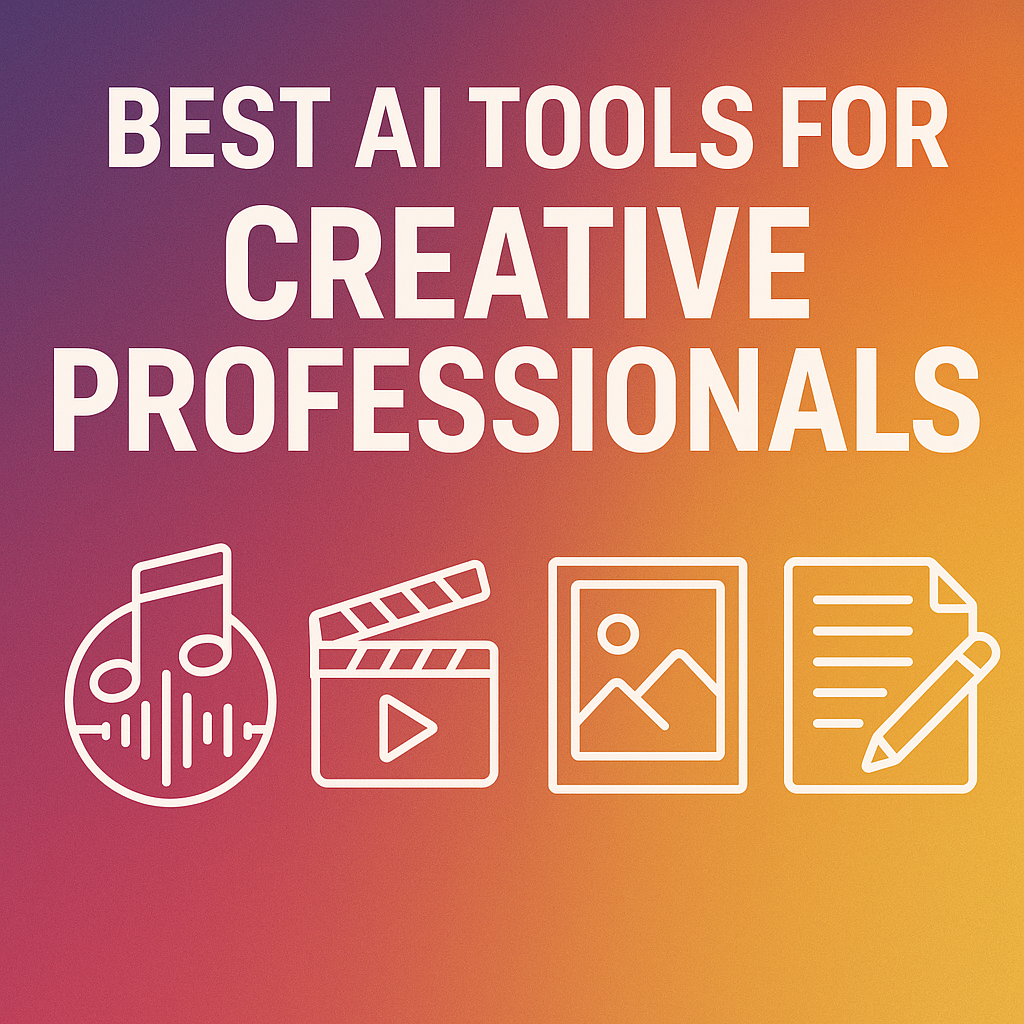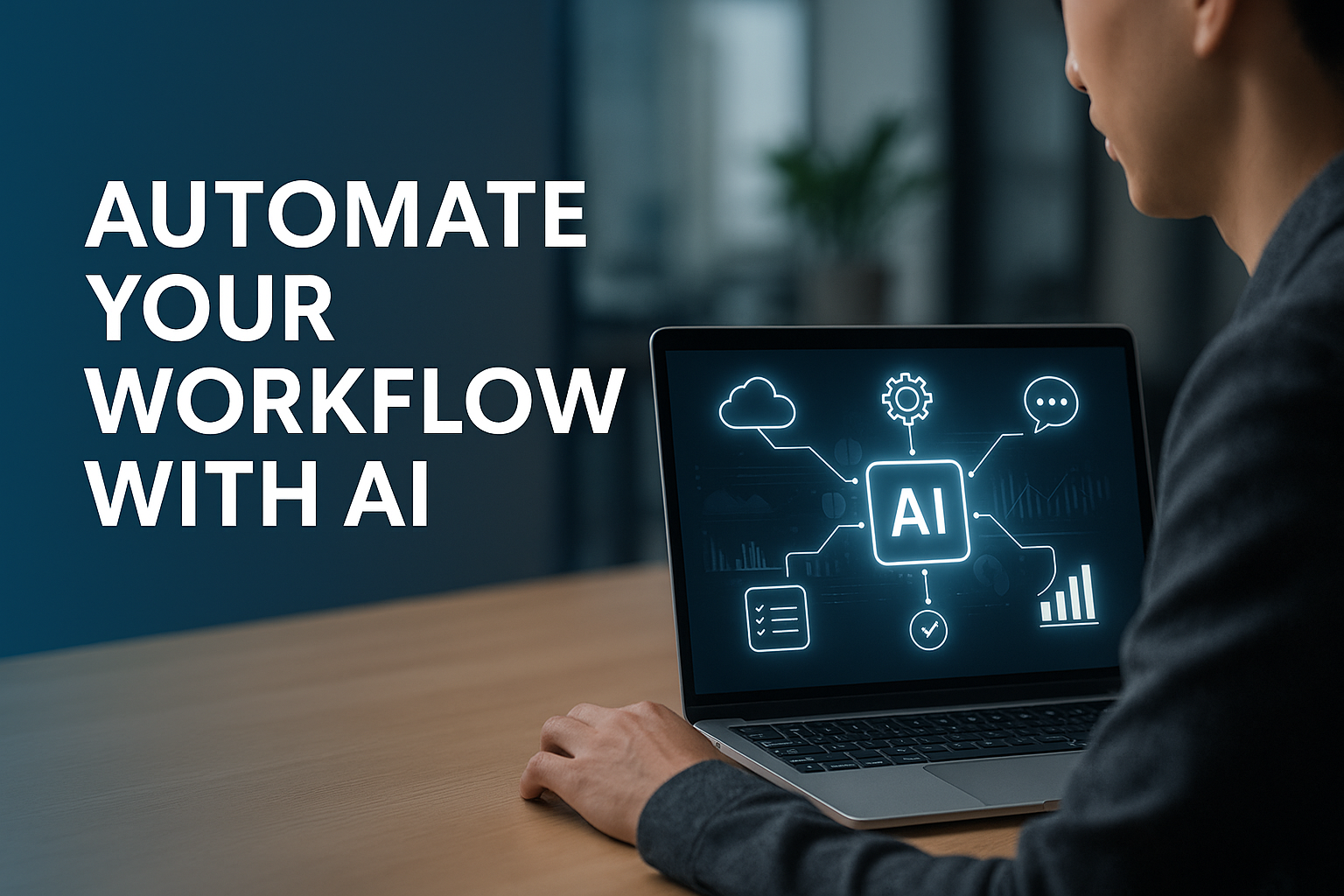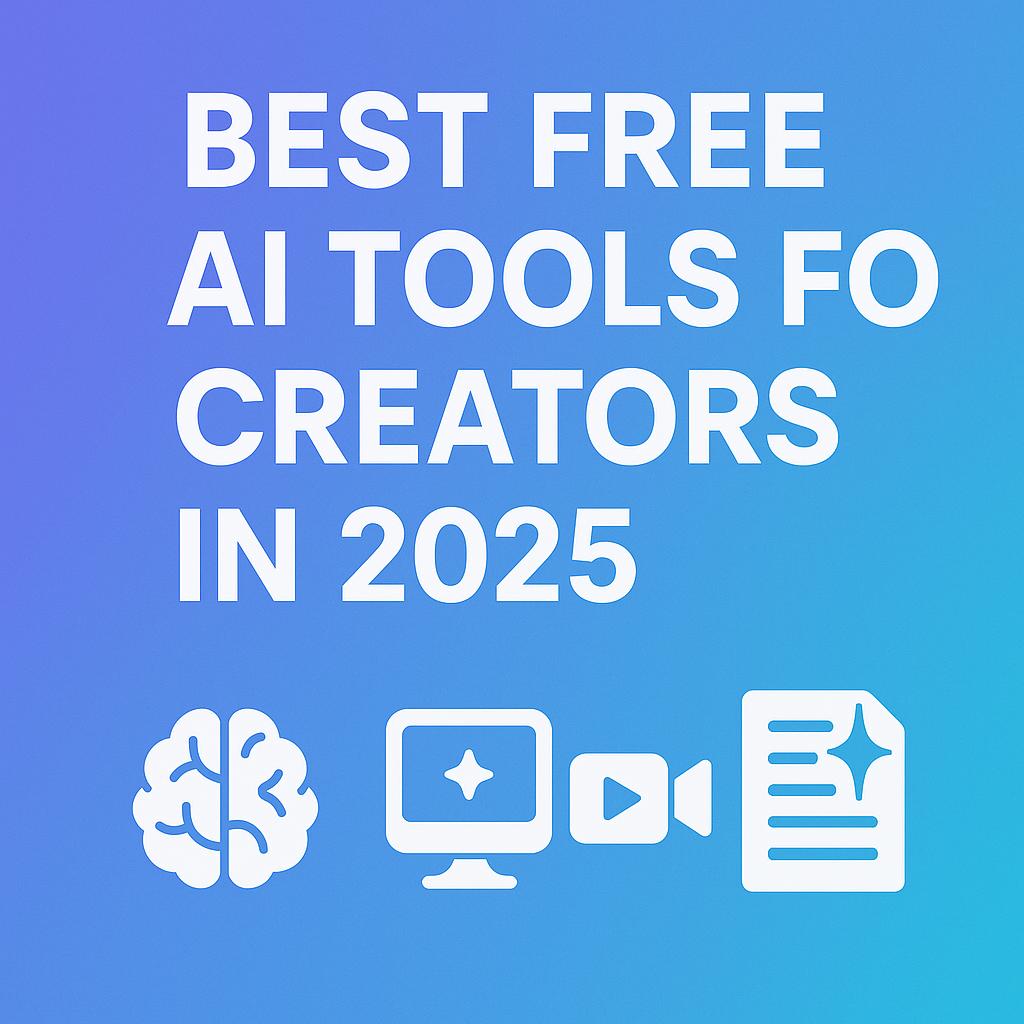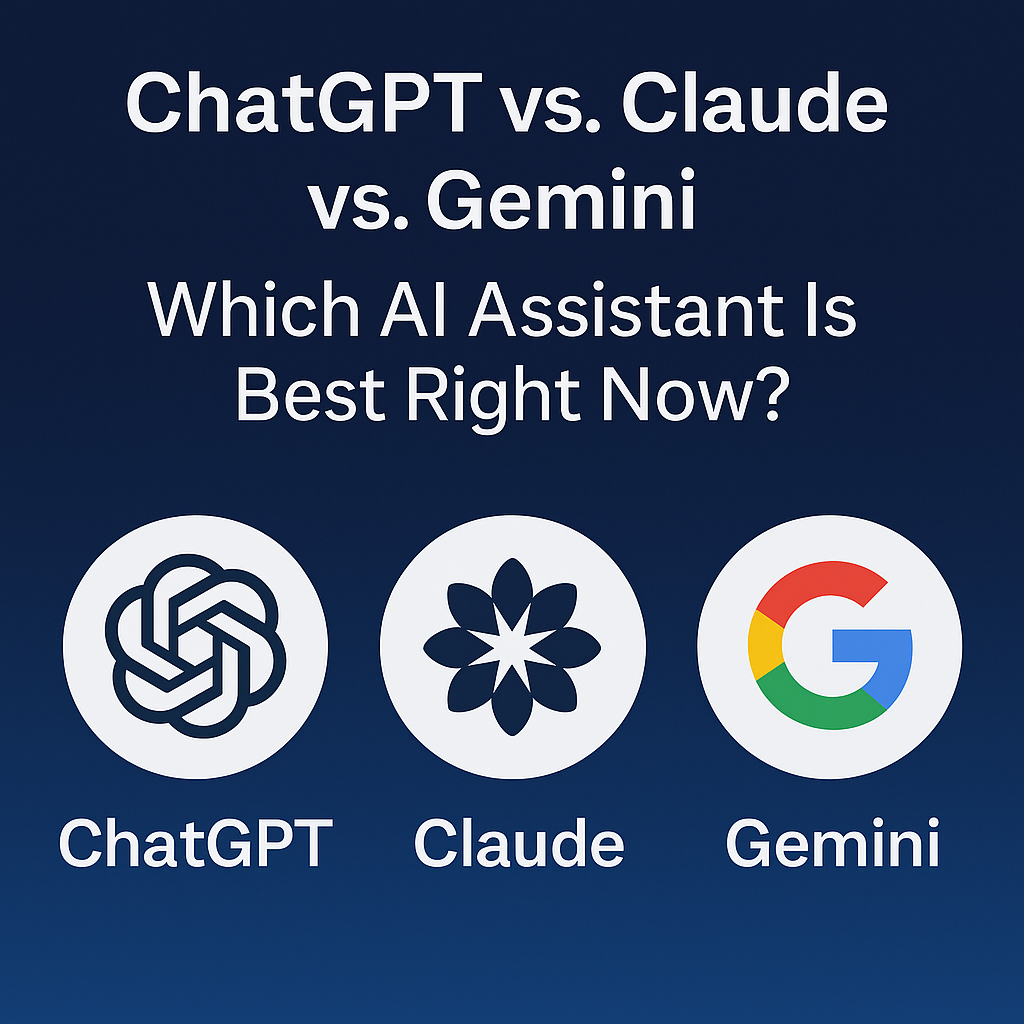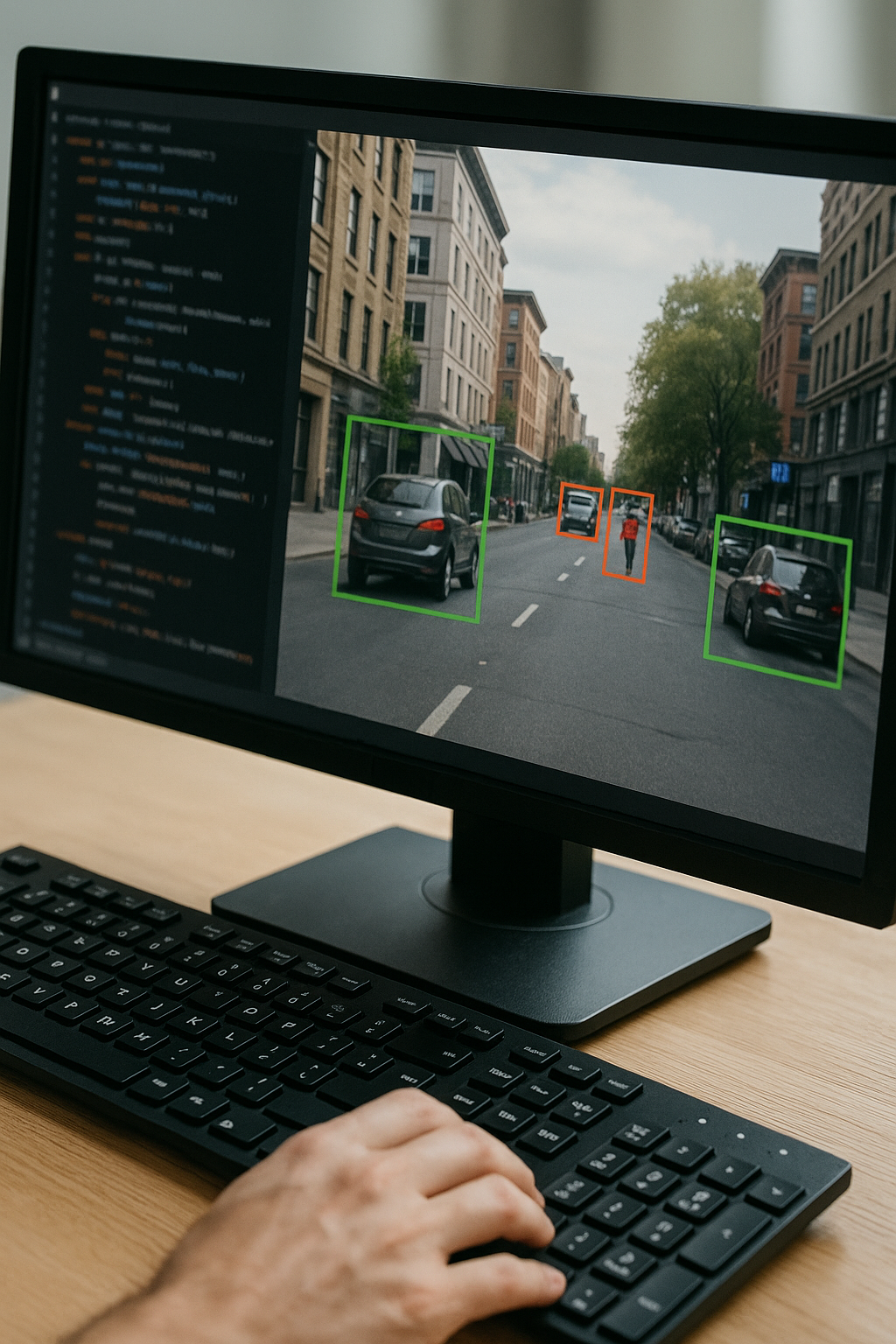AI in Healthcare
Revolutionizing the Medical Field
The world of healthcare is on the cusp of an unprecedented transformation, driven by the rapid advancement of artificial intelligence (AI) technologies. AI is poised to revolutionize the way we diagnose, treat, and manage diseases, creating a more personalized, efficient, and effective healthcare system for all.
AI in Diagnostics: Unveiling Hidden Patterns
At the heart of AI's transformative power lies its ability to analyze vast amounts of data with incredible speed and accuracy. This capability is revolutionising diagnostics, enabling healthcare providers to uncover hidden patterns and make more informed decisions about patient care.
AI-powered algorithms are now routinely used to analyze patient records, medical imaging, and laboratory results, revealing subtle clues that may go unnoticed by human clinicians. This has led to improved detection of diseases at earlier stages, when treatments are more likely to be successful.
One of the most prominent examples of AI's impact in diagnostics is in medical imaging analysis. AI algorithms can analyze X-rays, CT scans, and MRIs with remarkable precision, detecting anomalies, tumors, and fractures with accuracy that surpasses human radiologists. This is particularly evident in the early detection of cancer, heart disease, and other conditions, often enabling timely interventions that can save lives.
AI in Drug Discovery: Tailoring Therapies
The impact of AI extends beyond diagnostics, reaching into the core of drug discovery and development. AI algorithms are now playing a pivotal role in identifying potential drug targets, designing new therapies, and predicting their efficacy and safety. This has the potential to revolutionize the drug discovery process, accelerating the development of life-saving treatments and bringing them to patients faster than ever before.
The ability to analyze vast datasets of genomic information, protein structures, and clinical trial data is empowering AI to identify promising drug candidates with unprecedented efficiency. AI algorithms can also predict the potential side effects of new therapies, saving time and resources in the drug development process.
AI in Patient Care: Personalizing Treatments
AI's transformative power extends beyond diagnosis and drug discovery to revolutionize patient care. Personalized medicine, a concept that has long been the aspiration of healthcare providers, is now becoming a reality through the integration of AI.
AI-powered systems can analyze a vast array of patient data, including medical history, lifestyle factors, genetic information, and even real-time physiological data from wearable sensors. This comprehensive understanding of a patient's unique profile allows AI to provide personalized treatment recommendations, tailoring therapies to individual needs.
This data-driven approach is leading to improved patient outcomes, reduced side effects, and a more effective use of healthcare resources. AI is enabling clinicians to make informed decisions that are tailored to each patient's specific circumstances, ensuring that they receive the most appropriate care.
